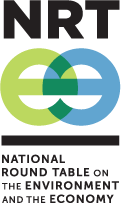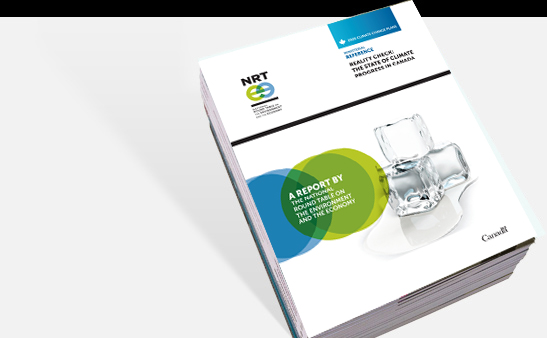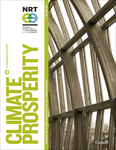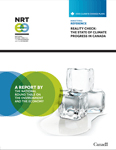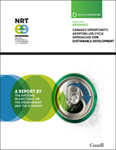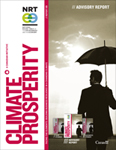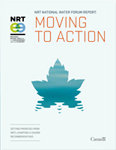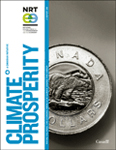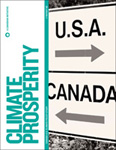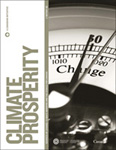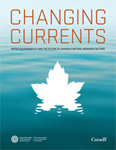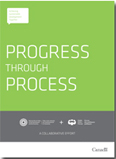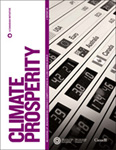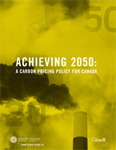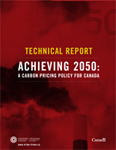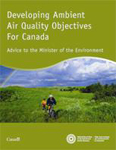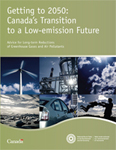Annual Report 2006-2007 – A Look Ahead
Clean Air Act Program
Goal: To provide advice to the federal government on air pollutants and greenhouse gas (GHG) emissions, in support of Canada’s proposed Clean Air Regulatory Agenda.
At the request of the Minister of the Environment, the NRTEE is providing advice to the federal government on air pollutants and greenhouse gas (GHG) emissions, in support of Canada’s proposed Clean Air Regulatory Agenda.
Following the release of the NRTEE’s Advisory Note in June 2006, the NRTEE started the next phase of its work on long-term issues related to energy and climate change. One of the key findings of its Advisory Note is the “urgent need for a longterm signal.” The NRTEE has developed policy recommendations on the broad signal required to reduce greenhouse gas emissions across the economy and implement the NRTEE’s 2050 scenario. The policy recommendations will be integrated into the analysis and recommendations the NRTEE will submit to the Minister of the Environment as part of its response to the reference in the proposed Clean Air Act.
The NRTEE is currently in the research phase of this program. As requested, it provided an interim report to the Minister in the spring of 2007 and will release its final report in the fall of 2007.
Climate Change Adaptation Policy Program
Goal: To examine the influence of Canadian public policy on how our communities and economic sectors plan for and manage the effects of climate change.
The purpose of this program is to examine the influence of Canadian public policy on how our communities and economic sectors plan for and manage the effects of climate change.
The NRTEE’s Program on Climate Change Adaptation Policy has three objectives:
- To provide a general characterization of the role of government in fostering sound adaptation by Canadian sectors, communities, and households, including the identification of key public policy challenges and opportunities related to addressing the impacts of climate change in Canada;
- To identify and describe areas of government policy (here in relation to insurance) of strategic significance for triggering integration of climate change-related impacts into the risk management practices of potentially affected sectors of the Canadian economy; and
- To conduct an evaluation of how key mechanisms within one or more of the identified areas of policy (here insurance) might be adjusted, strengthened, or more profoundly restructured so as best to enable the integration of climate change as a risk management issue, to thereby affect the development of stronger adaptive capacity, and sound adaptation, throughout Canadian society.
In recognition of the severe and sustained character of climate change impacts in the Canadian North, the Program will initially focus “north of 60.” It will also concentrate primarily on physical infrastructure—its design, planning, funding, construction, use, maintenance, decommissioning, etc.—and the risk management of climate change impacts.
While climate change impacts are intensifying, public policy in support of Canadian preparedness remains underdeveloped. All levels of government will have various roles to play in addressing this situation. As a national rather than a federal body, the NRTEE is well positioned to provide multijurisdictional advice on meeting the challenge.
Upon completion of its initial phase, the Program will make recommendations relating to these three particular areas of strategic policy. A second phase of the Program, beginning in 2008, will focus on Canada’s southern infrastructure.
